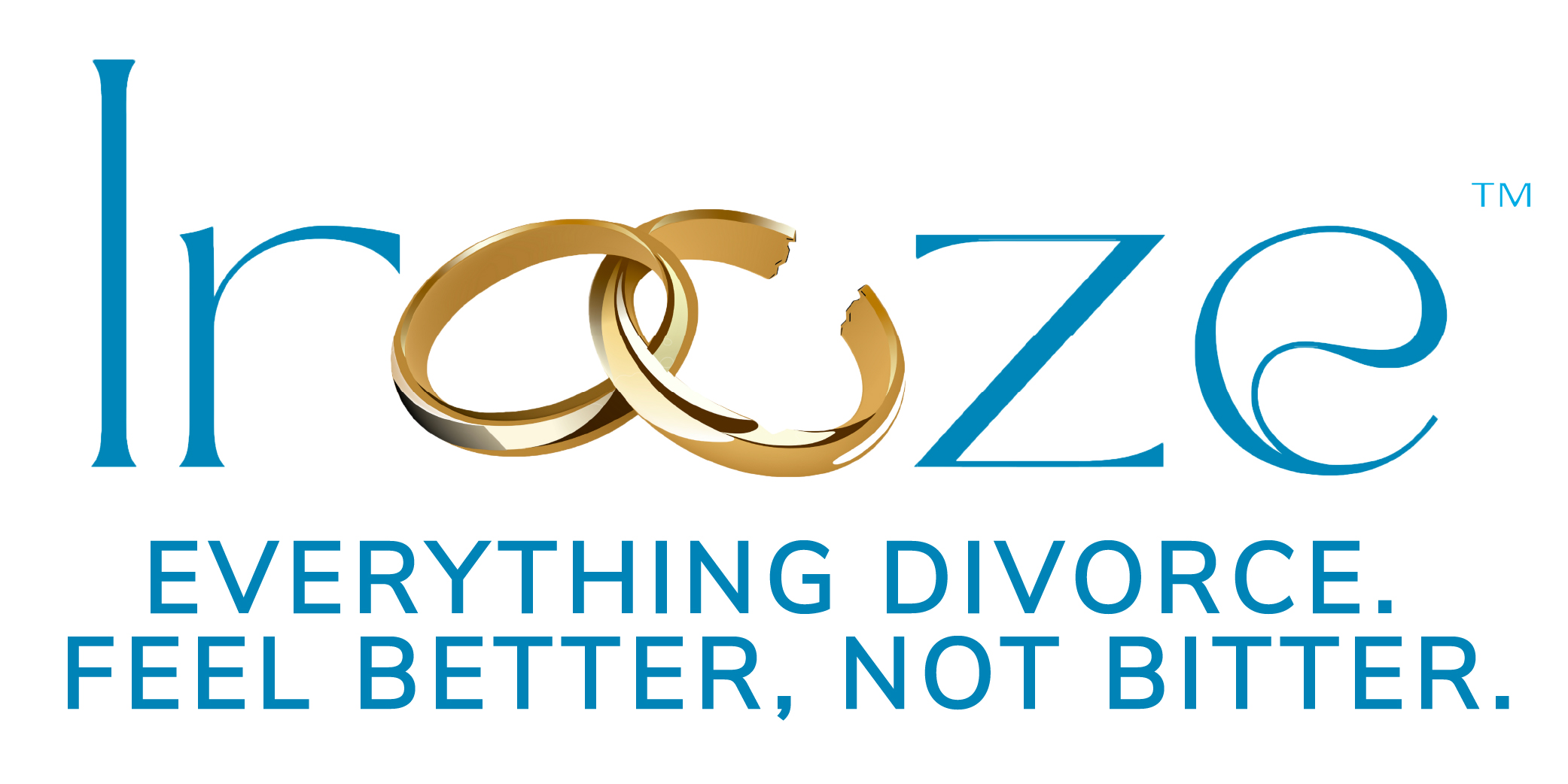In today’s connected world, social media has become an integral part of daily life, offering a platform for sharing thoughts, experiences, and personal updates. While it can serve as an outlet for connection and support, during times of emotional transition—such as separation and divorce—it’s important to recognize that the way we interact online can have long-lasting effects on our emotional well-being, relationships, and even legal proceedings. Understanding social media’s impact is crucial, as it can influence mental health, behavior, and the overall dynamics of familial relationships during these critical periods.
During a separation or divorce, social media usage demands careful thought and consideration. Every post, comment, and message can potentially impact the outcome of legal proceedings, influence how your children perceive the situation, and affect co-parenting dynamics. Here are key guidelines to help navigate responsible social media use during this time of transition.
If you’re looking for a thorough and friendly guide to settling a divorce by mutual agreement, be sure to check out Mutual Consent Divorce: Navigating an Amicable Separation for step‑by‑step insights.
Social Media and Divorce: Risks, Boundaries & Best Practices
In a world where everything seems to be online, it is crucial to understand the implications of social media during a divorce or separation. Every digital interaction—whether public or private—can have consequences. Here are a few important reasons why it matters:
1. How Social Media Posts Can Affect Divorce Proceedings
In family law, social media posts are increasingly being used as evidence. Courts often review social media activity in divorce and custody cases, examining posts, photos, and comments to assess the credibility of individuals and how they behave in their personal lives. For instance, a post criticizing an ex-partner, depicting risky behaviour, or showing a lack of responsibility could be used against you in legal disputes regarding custody or division of assets.
2. Emotional Impact on Children During Divorce
Children and teenagers are often present on social media platforms. They may see posts from one or both parents, which can influence their understanding of the separation. Negative remarks, photos, or updates that highlight conflict can lead to confusion, guilt, or stress for children, who may feel caught between two warring parties. Witnessing parental conflict on social media can increase mental health risks for children, potentially leading to anxiety and depression. High social media activity is also correlated with poor mental health outcomes like anxiety and depression among children. As a parent, it’s important to maintain a positive, supportive presence for your children on social media, rather than exposing them to harmful content.
If you’re looking for more insights into how to support your children during a divorce, consider reading Communicating with Care: A Guide to Protecting Children During Divorce for practical advice on helping your children navigate this challenging time.
3. How Social Media Can Strain Co-Parenting and Relationships
Social media can quickly escalate conflicts. Publicly airing grievances about your ex-spouse, the separation process, or legal issues can damage relationships with your ex-partner, co-parents, and others who are involved in the process. What may seem like a cathartic vent can easily be interpreted as hostile or inflammatory, further complicating an already difficult situation.
Understanding the Impact of Social Media on Separation and Divorce

Social media can have a profound impact on separation and divorce, especially when children are involved. Research indicates that exposure to parental conflict on social media can be detrimental to a child’s mental health and well-being. Children who witness negative interactions between their parents online may experience increased anxiety, depression, and stress, which can have long-lasting effects on their emotional development.
On the flip side, social media can also serve as a useful tool for co-parenting. Platforms can facilitate communication between parents, allowing them to share information about their children’s schedules, activities, and needs efficiently. This can help maintain a sense of normalcy and stability for the children during a tumultuous time.
However, it’s crucial to recognize that social media can also be a source of conflict and stress. For instance, one parent might use social media to vent about the other or share negative information about the divorce, exacerbating tensions and emotional strain for everyone involved. To mitigate these risks, parents should be mindful of their social media use and its potential impact on their children.
Here are some tips for navigating social media during separation and divorce:
- Avoid Venting Online: Refrain from using social media to express frustration or share negative information about the other parent.
- Use Social Media Constructively: Leverage social media to communicate about co-parenting issues, but avoid using it as a platform for conflict.
- Set Clear Boundaries: Establish rules around social media use, such as not posting about the divorce or engaging with the other parent online.
- Consider Co-Parenting Apps: Utilize co-parenting apps or websites designed to facilitate communication and share information about the children in a neutral, organized manner.
By being mindful of social media’s impact and setting appropriate boundaries, parents can help protect their children’s mental health and foster a more positive co-parenting relationship.
Guidelines for Responsible Use of Social Media Platforms

Given the potential consequences of social media, it’s essential to be mindful of how we use these platforms during separation and divorce. Here are some strategies to help manage your online presence during this sensitive time.
1. Avoid Venting About Divorce on Social Media
While it may be tempting to express frustration, anger, or resentment about your ex-partner or the divorce process, doing so on social media can be harmful. Publicly criticizing your ex or the legal system can create additional conflict and paint a negative picture of your character. It’s advisable to keep such discussions private, seeking support from a therapist, trusted friends, or family members, rather than airing grievances publicly on social media. Additionally, social media addiction can exacerbate conflicts by making it harder to step away from negative interactions.
2. Don’t Share Legal or Financial Details Online
Financial matters, legal strategies, and private details about your separation should never be posted online. Sharing such information can lead to misunderstandings, complications in legal matters, or even being used against you in court. It’s vital to protect both your privacy and your legal position by avoiding detailed posts about your personal life.
3. Protect Children from Social Media Conflict
If you have children, it’s important to remember that they may have access to your social media accounts, and even if they don’t, others in their lives might. Posts that criticize the other parent, depict your children in distress, or reveal intimate details of their lives can be emotionally harmful. Always prioritize your children’s well-being and refrain from posting anything that could cause embarrassment or stress. Moreover, there is a concerning connection between social media use and self-harm among vulnerable youth, making it crucial to monitor and guide their online interactions.
4. Update and Monitor Your Social Media Privacy Settings
Ensure your privacy settings are up-to-date, but be aware that even private posts can be shared, saved, or screenshotted by others. It’s essential to exercise caution when posting personal details, especially during a separation. If in doubt, refrain from posting altogether.
5. Keep a Neutral and Respectful Online Presence
While social media is often a space for self-expression, it’s important to maintain a neutral tone during a separation or divorce. Focus on sharing personal growth or new hobbies rather than airing conflicts. Avoid posting anything that could be perceived as spiteful or an attempt to hurt your ex-partner. A calm, professional online demeanor can help preserve your reputation and avoid escalating tensions.
6. Don’t Share New Relationships During Divorce
Introducing a new romantic relationship on social media during a separation can add unnecessary tension. It may complicate legal proceedings, especially if child or spousal support is being contested. Posting about new relationships can also hurt your children and your ex-partner, potentially creating feelings of resentment or confusion.
7. Ask Yourself: Would a Judge or Your Kids Approve?
Always take a moment before posting. Ask yourself whether you would be comfortable with your ex-partner, children, or a judge seeing the post. If the answer is no, it’s better to keep that thought or emotion to yourself, rather than share it publicly.
Setting Boundaries on Social Media
Setting boundaries on social media is essential for maintaining healthy relationships and protecting one’s mental health during separation and divorce. Without clear boundaries, social media use can quickly become a source of stress and conflict. Here are some practical tips for setting boundaries on social media:
- Limit Social Media Use: Establish specific times of the day when you will not use social media, such as during family meals or before bedtime. This can help reduce stress and improve your overall well-being.
- Avoid Conflict Online: Refrain from using social media as a means to vent about others or engage in conflicts. Instead, seek support from trusted friends, family members, or a therapist.
- Be Mindful of What You Share: Use social media to connect with others, but avoid oversharing or posting personal information that could be used against you in legal proceedings.
- Control Your Audience: Adjust your privacy settings to control who can see your posts and who can contact you on social media. This can help protect your privacy and reduce unwanted interactions.
- Take Breaks: Consider taking regular breaks from social media or even deleting accounts that cause you stress or anxiety. This can provide a much-needed respite and help you focus on your mental health.
By setting clear boundaries on social media, you can create a healthier online environment for yourself and those around you. This not only helps protect your mental health but also fosters more positive and constructive interactions during a challenging time.
Using Social Media’s Impact Positively During Separation
While social media requires restraint, it doesn’t have to be entirely off-limits. Thoughtful social media use can help with personal healing and offer positive outlets during a challenging time. Here are some ways to use social media constructively:
1. Share Personal Growth
Social media can be an outlet to share your achievements, hobbies, and self-improvement efforts. Highlight moments that bring you joy, personal growth, or progress in your new life. By focusing on positive aspects, you can use social media as a platform to rebuild and regain confidence. Additionally, social media influencers can inspire positive changes and personal growth by sharing their own journeys and experiences.
2. Join Support Groups
Many online communities offer support for individuals going through separation and divorce. Connecting with others who understand your experience can be comforting and provide practical advice. These groups can also help reduce feelings of isolation and offer insights from people who have been through similar challenges. Social support in these groups can play a crucial role in helping individuals cope with the emotional stress of separation and divorce.
3. Maintain Healthy Boundaries
Maintain privacy by limiting what you share with the online world. Build meaningful connections while keeping sensitive aspects of your life protected.
For more tips on how to avoid common pitfalls and costly mistakes during a divorce, check out Choose Your Battles Wisely: How to Avoid Costly Mistakes During Divorce for a deeper dive into managing emotions and decision-making during this difficult process.





